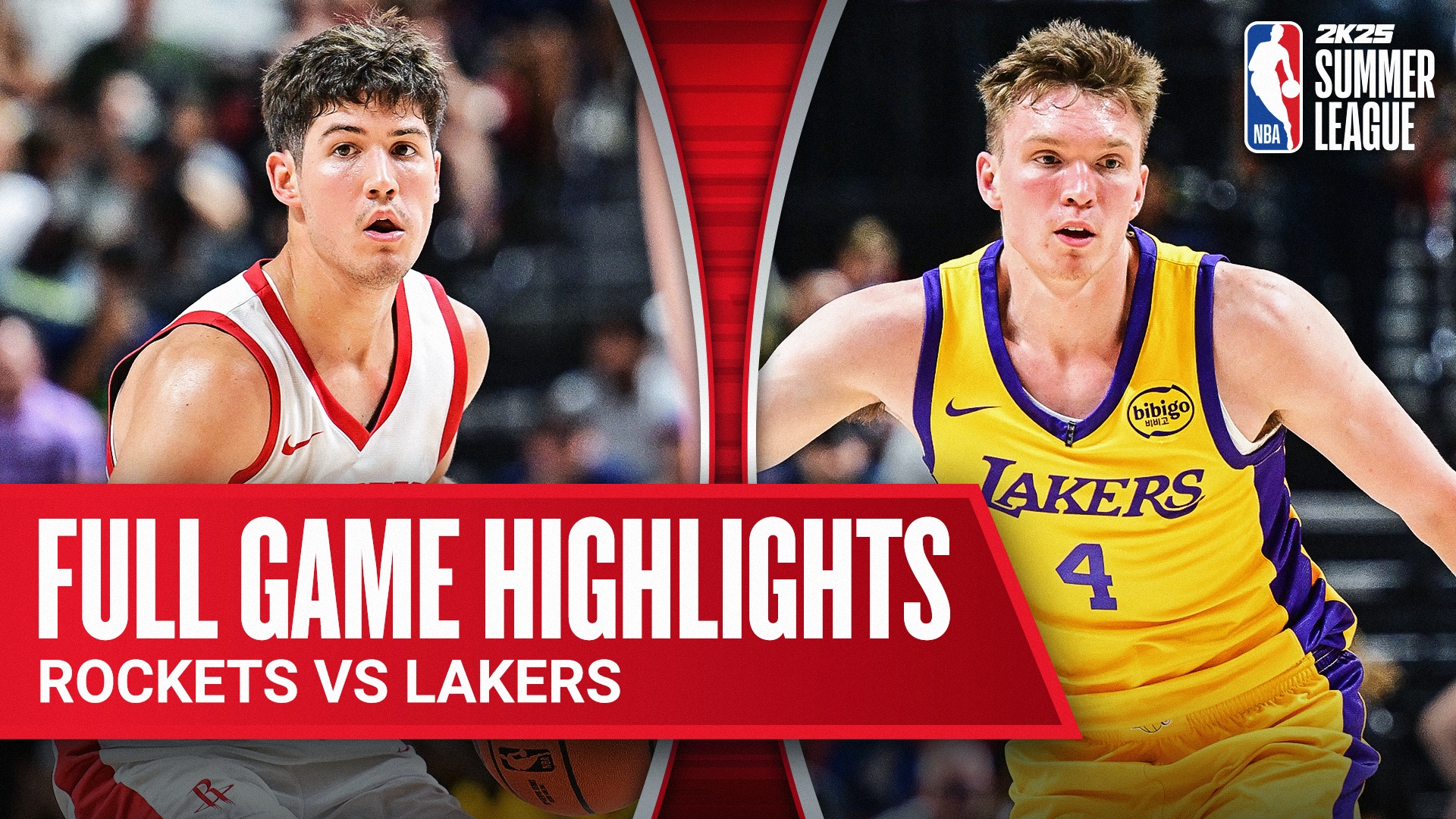
Game Overview and Significance
houston rockets vs lakers match player stats matchup has long been regarded as a highlight in the NBA calendar, transcending mere statistics and generating excitement for fans, players, and analysts alike. Historically, these two franchises have engaged in fierce competition, making their encounters significant not just for playoff positioning but also for the emotional stakes involved. The rivalry can be traced back decades, characterized by memorable moments and legendary performances that resonate with the two teams’ loyal fan bases.
As the season progresses, both teams find themselves in critical positions vying for playoff spots. This particular matchup came with heightened expectations, especially considering their current standings. Analysts predicted that the outcome of this game could have major implications for seeding in the Western Conference, making it a pivotal point in their respective campaigns. With the Houston Rockets attempting to solidify their standing and the Lakers aiming to regain momentum, the intensity on the court was palpable.
The game was viewed as an opportunity for the players to showcase their individual talents while contributing to the team’s overall success. Stars from both sides were expected to perform at their highest level, with player stats being closely monitored by fans and experts alike. The performance metrics during the Houston Rockets vs. Lakers match would serve as a critical focal point for understanding team dynamics and individual prowess, further solidifying each player’s role in their quest for postseason success. Moreover, the results would undoubtedly influence the narrative surrounding both franchises as they navigate the remainder of the season, making this matchup not just another game, but a decisive moment in their journey.
Key Player Performances
In the recent encounter between the Houston Rockets and the Los Angeles Lakers, several players delivered outstanding performances that significantly influenced the game’s outcome. For the Rockets, the standout player was Jalen Green, who managed to score 30 points while contributing 5 assists and 7 rebounds. Green demonstrated remarkable efficiency, shooting 60% from the field and sinking 4 of 6 attempts from beyond the arc. His ability to create his own shot and drive to the basket was a constant threat to the Lakers’ defense.
Another notable performance came from Nikola Jokić, who had a triple-double with 28 points, 10 assists, and 12 rebounds. His court vision and ability to facilitate plays made a substantial impact on the Rockets’ offensive flow. On the other hand, the Lakers leaned heavily on LeBron James, who showcased his veteran prowess. He tallied 27 points while adding 8 rebounds and 6 assists to his stat line. His fourth-quarter performance was pivotal, where he scored key baskets that brought the Lakers back into contention.
Defensively, the contributions of Anthony Davis were crucial for the Lakers. Davis recorded 3 blocks and 2 steals, playing a significant role in eliminating the Rockets’ second-chance opportunities. Furthermore, he scored 22 points, solidifying his presence on both sides of the court. The matchup not only highlighted the individual talents of players from both teams but also their ability to step up in critical moments. These key player performances not only shaped the outcome of the game but also provided insight into their seasons, showcasing the talents that can elevate a team’s success.

Team Comparisons and Game Dynamics
The Houston Rockets and the Los Angeles Lakers engaged in a riveting matchup that showcased their contrasting styles and strategies. Analyzing the statistical performance from the game reveals considerable insights into each team’s strengths and vulnerabilities. In terms of shooting percentages, the Rockets demonstrated a reliance on their three-point shooting, achieving a commendable percentage from beyond the arc, while the Lakers capitalized on their inside game, registering higher field goal percentages in the paint. This divergence in approach contributes significantly to the overall dynamics of the Houston Rockets vs Lakers match player stats.
Turnovers often dictate the flow of a game, and this matchup was no different. The Lakers maintained a lower turnover rate, which allowed them to control the tempo and generate efficient offensive sets. Conversely, the Rockets struggled with ball security at times, forcing them to adapt their offensive play. This adjustment reflected a more careful approach, particularly in the latter stages of the game, as they sought to minimize mistakes and maximize scoring opportunities.
Bench contributions played a pivotal role in determining the outcome of the contest. The Lakers’ second unit delivered a commendable effort, assisting in maintaining the momentum when the starters were off the floor. In contrast, the Rockets’ bench had inconsistent performances, which impacted their ability to sustain the scoring run. This comparison is essential when analyzing the depth and resilience of both squads during the match.
Defensive statistics further underscore the tactical nuances of the game. The Lakers’ defensive strategy often focused on pressuring the ball and restricting the Rockets’ shooters, while the Rockets concentrated on switching and closing out on the Lakers’ driving lanes. Understanding these strategies provides vital clarity on how each team adapted and countered their opponent’s game plan while contributing to the rich tapestry of the Houston Rockets vs Lakers match player stats.
Implications of the Match Stats on Future Games
The statistical outcomes from the recent Houston Rockets vs Lakers match carry significant implications for both teams as they progress through the season. Analyzing player statistics not only sheds light on individual performances but also helps coaches assess team dynamics and adjust strategies accordingly. For instance, if a particular player showed an increase in efficiency during the match, coaches may decide to utilize similar play styles to further leverage that player’s strengths in upcoming games.
Furthermore, these stats could influence potential trade discussions as teams evaluate their rosters. If a player underperformed in the Houston Rockets vs Lakers match, discussions surrounding trades may intensify, particularly if that player’s contribution is deemed critical for postseason aspirations. Similarly, the performance metrics of successful players could result in alignment and support for contract negotiations—an aspect of strategy that teams like the Rockets and Lakers both have to consider as they prepare their battle plans.
Injuries are another critical factor influenced by match statistics. The extent of a player’s reliance on specific teammates can impact both gameplay decisions and injury management. If player stats reveal high dependency levels among rotations, teams may prioritize injury prevention for key figures to maintain competitive viability throughout the season.
Fan reactions are equally significant; statistical performances often sway public perception and can lead to increased support or criticism. Analyst interpretations of the match stats affect broader conversations about both franchises, potentially leading to a re-evaluation of their standings within the league. Overall, the implications from the Houston Rockets vs Lakers match extend far beyond this singular event, influencing strategies, player evaluations, and community engagement as both teams aim for success in the ongoing season.





